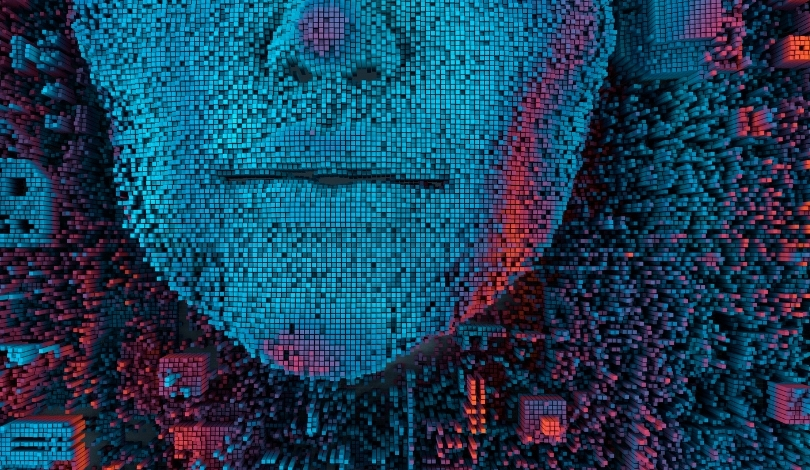Artificial intelligence continues to dominate headlines and corporate agendas, with predictions of significant economic gains such as Accenture’s estimate of £736 billion for the UK. Yet new research casts doubt on whether this widespread investment will produce the expected outcomes, drawing attention to a less publicized issue: the diminishing human abilities essential for leveraging AI effectively. This comes at a time when organizations are quick to adopt digital solutions, often overlooking the critical role that human judgment, creativity, and analytical skills play in maximizing technological investments. Heightened awareness around human-AI interaction is not only timely but necessary, as the technology landscape evolves quickly and pressures grow to keep pace.
Earlier discussions about artificial intelligence adoption showcased enthusiasm for increased productivity and automation, focusing mainly on the technical proficiency of users. News articles and reports emphasized upskilling employees in digital literacy and prompt engineering as primary adaptation strategies. Reports from major consultancies also often prioritized technical stack or model selection over soft skills. The more recent perspective, identified by learning scientists at Multiverse, shifts the conversation towards the need for a well-rounded approach, balancing technical prowess with human traits such as ethical oversight, creativity, and adaptability. This emerging understanding contrasts with the initial narratives, which largely underplayed the risk of an AI-driven human skills deficit.
Are Companies Overlooking Key Human Skills?
Recent analysis highlights a critical gap in current business strategies: the tendency to focus exclusively on acquiring advanced AI tools while sidelining workforce development in essential human skills. As corporations prioritize AI integration, researchers argue that the most substantial barrier to AI-driven productivity lies in neglecting analytical reasoning, creativity, ethical oversight, and adaptive problem-solving. Without a concerted effort to foster these skills, the deployment of products like Accenture’s digital solutions may yield limited success, despite substantial investment.
What Distinguishes Effective AI Users?
Observations from Multiverse underscore that proficient AI usage depends as much on human capacity as on technical knowledge. Their research identified thirteen skills, ranging from analytical thinking to resilience, that separate “power users” from casual adopters.
“Leaders are spending millions on AI tools, but their investment focus isn’t going to succeed. They think it’s a technology problem when it’s really a human and technology problem,”
stated Gary Eimerman, Chief Learning Officer at Multiverse. The findings show that interpretation, critical questioning, and iterative refinement—rather than simple prompt writing—constitute the core competencies for effective AI utilization.
How Are Organizations Addressing This Skills Deficit?
There is an increasing recognition of the importance of skills like ethical evaluation, output verification, and creative experimentation, which Multiverse highlights as hallmarks of advanced users.
“What we found during our first principles research phase was that skills like ethical oversight, output verification, and creative experimentation are the real differentiators of power AI users,”
explained Imogen Stanley, Senior Learning Scientist at Multiverse. Some organizations are now beginning to embed training in these areas alongside their digital transformation initiatives, acknowledging that effective human-machine collaboration also requires patience, adaptability, and self-directed learning.
As the AI landscape expands, the training gap between technical and interpersonal skills becomes evident. Businesses aiming for sustained AI innovation must balance investment in new technologies with ongoing skill development efforts within their workforce. Developing employees’ critical thinking, curiosity, resilience, and ingenuity can serve as safeguards against underwhelming results from AI deployments, especially as these qualities help users identify, interpret, and refine AI-generated insights. The risk of diminished returns persists if organizations fail to integrate human and technological strengths in their strategies.
Targeted skill-building not only increases the value derived from AI tools but also supports long-term adaptability as technologies evolve. Readers working with or planning to implement AI systems will benefit from evaluating their own organizations’ approach to human skills development. Encouraging critical engagement and creative thinking among employees can help close the identified deficit, improving the likelihood of both individual and organizational success with AI. This shift in focus suggests that the true advantage will lie not just in accessing powerful platforms but in cultivating a workforce that can leverage, question, and improve upon what artificial intelligence delivers.










